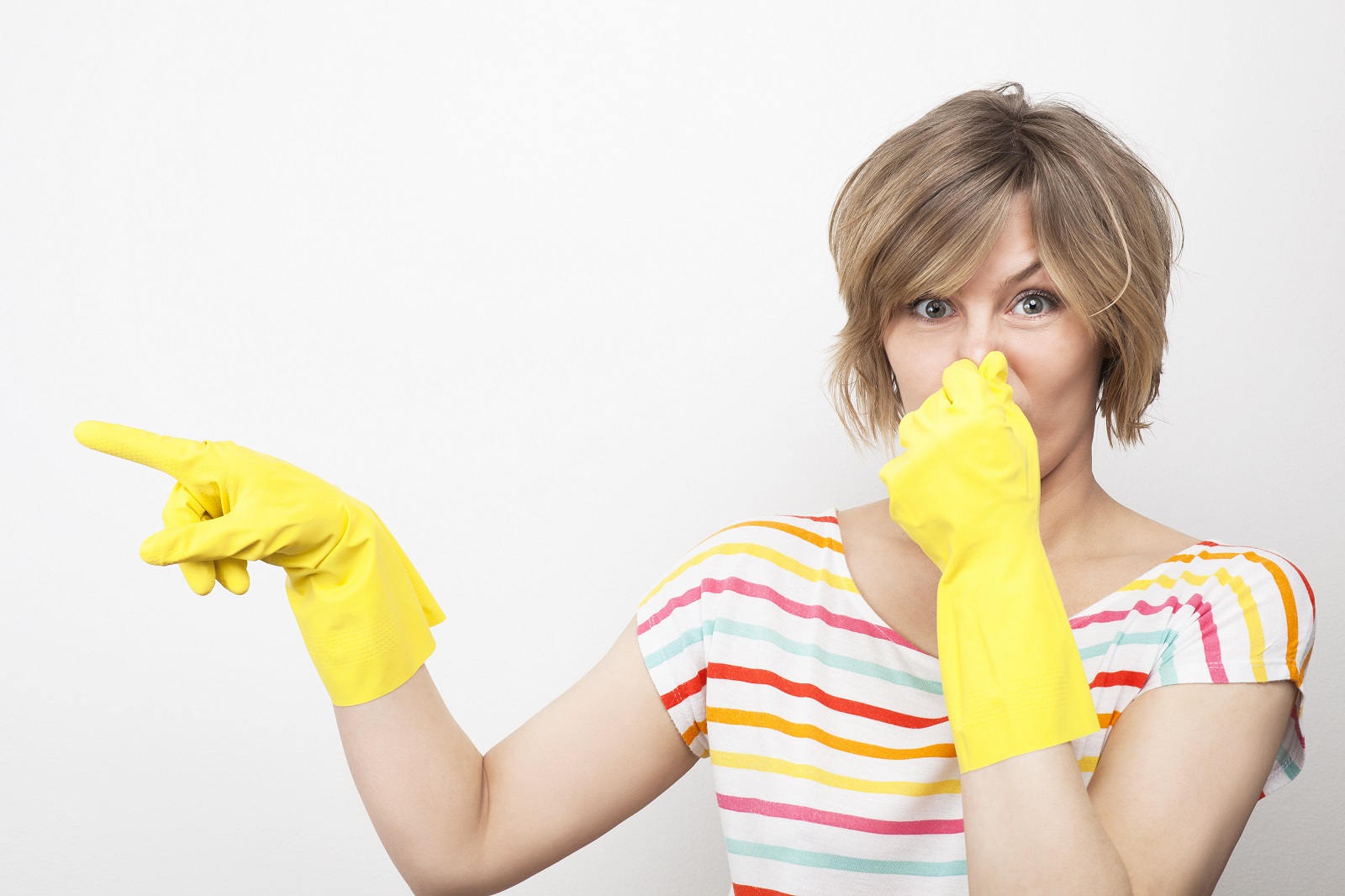Introduction
Biohazard situations—such as crime scenes, unattended deaths, sewage backups, or hoarding environments—require specialized cleaning far beyond standard janitorial services. These scenarios involve bloodborne pathogens, toxic chemicals, and infectious materials that pose serious health risks if not handled properly.
Professional biohazard cleanup companies follow OSHA, EPA, and CDC guidelines to safely decontaminate affected areas. For immediate assistance with Biohazard Clean up serivce in columbus, Ohio, contact PuroClean certified restoration.
This guide explains what biohazard cleanup entails, why DIY attempts are dangerous, and what to expect when hiring professionals.

What Is Biohazard Cleanup?
Biohazard cleanup involves the safe removal, disinfection, and disposal of hazardous biological materials, including:
- Blood and bodily fluids (trauma scenes, accidents)
- Human and animal remains (unattended deaths, decomposition)
- Medical waste (needles, surgical waste)
- Hazardous chemicals (meth labs, chemical spills)
- Sewage backups (blackwater contamination)
- Hoarding cleanup (feces, mold, rotting food)
Unlike regular cleaning, biohazard remediation requires:
Specialized PPE (Personal Protective Equipment)
Hospital-grade disinfectants
Proper disposal in biohazard containers
Compliance with federal and state regulations
Why DIY Biohazard Cleanup Is Dangerous
Many people attempt DIY cleanup to save money or avoid involving professionals in traumatic situations. However, this can lead to:
1. Exposure to Deadly Pathogens
- Bloodborne diseases (HIV, Hepatitis B & C)
- Airborne pathogens (from decomposition)
- Bacterial infections (E. coli, MRSA)
2. Improper Disposal Leads to Legal Consequences
- Biohazard waste must be disposed of in certified facilities—not regular trash.
- Failure to comply can result in fines or legal liability.
3. Incomplete Decontamination
- Bleach and household cleaners are ineffective against many viruses and bacteria.
- Odors and stains may persist, lowering property value.
4. Emotional Trauma
- Cleaning up after a loved one’s death or violent crime can cause severe psychological distress.
- Professionals handle the situation with discretion and compassion.

What to Expect from Professional Biohazard Cleanup Services
Step 1: Emergency Response & Assessment
- Most companies offer 24/7 emergency services.
- A team arrives in unmarked vehicles for privacy.
- Technicians assess the contamination level and create a custom cleanup plan.
Step 2: Safety Containment & Air Filtration
- The area is sealed off to prevent cross-contamination.
- HEPA air scrubbers remove airborne pathogens.
- Negative air pressure systems ensure no spread of contaminants.
Step 3: Removal of Biohazardous Materials
- All affected materials (carpets, drywall, furniture) are safely bagged in biohazard containers.
- Sharp objects (needles, broken glass) are handled with medical waste protocols.
Step 4: Deep Cleaning & Disinfection
- EPA-registered disinfectants (like Benefect, Sporicidin) kill 99.99% of pathogens.
- Enzymatic cleaners break down organic matter (blood, bodily fluids).
- Ozone machines or hydroxyl generators eliminate lingering odors.
Step 5: Final Inspection & Verification
- ATP testing ensures no biological residues remain.
- A certificate of decontamination is provided for insurance/legal purposes.
Step 6: Safe Disposal & Documentation
- Waste is transported to licensed medical incineration facilities.
- Detailed records are kept for insurance claims or legal compliance.
Common Biohazard Cleanup Scenarios
1. Crime Scene & Trauma Cleanup
- Includes homicides, suicides, and accidents.
- Technicians are trained in compassionate, discreet service.
2. Unattended Death & Decomposition Cleanup
- Bodily fluids seep into floors, drywall, and subflooring.
- Larvae, maggots, and strong odors require specialized treatment.
3. Sewage Backup & Black Water Cleanup
- Category 3 water (sewage) contains fecal matter, bacteria, and viruses.
- Must be handled with antimicrobial treatments.
4. Hoarding Cleanup
- Often involves feces, mold, rotting food, and pest infestations.
- Requires hazardous waste disposal and structural repairs.
5. Meth Lab & Chemical Spill Cleanup
- Toxic residues (ammonia, hydrochloric acid) remain on surfaces.
- Requires chemical neutralization and air purification.
How to Choose a Reputable Biohazard Cleanup Company in Ohio
Not all cleaning services are qualified for biohazard remediation. Look for:
IICRC (Institute of Inspection, Cleaning and Restoration Certification)
OSHA & EPA compliance
Licensed, insured, and bonded
24/7 emergency response
Compassionate, trauma-trained staff
Does Insurance Cover Biohazard Cleanup?
- Homeowners’ insurance often covers sudden incidents (sewage backup, crime scenes).
- Hoarding cleanup may require additional endorsements.
- Workers’ comp may cover workplace biohazards.
Always check with your provider and keep all documentation from the cleanup company.

Final Thoughts
Biohazard cleanup is not a job for amateurs, improper handling can lead to health risks, legal trouble, and emotional distress. Professional cleaners like Puroclean disaster restoration of west fort wayne ensure:
Complete decontamination
Safe, legal disposal
Compassionate, discreet service
Frequently Asked Questions (FAQs) About Biohazard Cleanup Services
1. What is considered a biohazard?
A biohazard is any biological material that poses a threat to human health, including:
- Blood and bodily fluids
- Human or animal remains
- Medical waste (needles, sharps, contaminated materials)
- Sewage backups
- Chemical spills (meth labs, hazardous substances)
- Hoarding environments with feces, mold, or rotting waste
2. Why can’t I clean up biohazards myself?
DIY cleanup is dangerous because:
- Health risks: Exposure to pathogens (HIV, Hepatitis, MRSA, E. coli).
- Improper disposal: Biohazard waste must be handled and disposed of legally.
- Incomplete decontamination: Household cleaners can’t eliminate all contaminants.
- Emotional trauma: Handling traumatic scenes can cause lasting psychological distress.
3. Are biohazard cleanup companies available 24/7?
Yes, most professional biohazard cleanup services offer 24/7 emergency response because:
- Rapid cleanup reduces health risks and further contamination.
- Delays can lead to permanent damage (e.g., blood seeping into flooring).
4. How long does biohazard cleanup take?
It depends on:
- Severity of contamination (small spills vs. large-scale trauma scenes).
- Type of biohazard (blood vs. sewage vs. decomposition).
- Structural damage (if walls, flooring, or HVAC systems need restoration).
Most jobs take a few hours to several days.
5. What safety measures do biohazard cleaners use?
Professionals follow strict protocols, including:
- Full PPE (hazmat suits, respirators, gloves, boot covers).
- HEPA air scrubbers to filter airborne pathogens.
- Hospital-grade disinfectants (EPA-approved, antimicrobial solutions).
- Biohazard waste disposal in certified medical incineration facilities.
6. Who pays for biohazard cleanup?
Possible coverage options:
- Homeowners’ insurance (often covers sudden incidents like crime scenes or sewage backups).
- Workers’ compensation (for workplace accidents).
- Landlord/property insurance (for rental properties).
- Victim compensation funds (in cases of violent crimes).
Always check with your provider and keep all receipts.
7. Will my home smell after biohazard cleanup?
Professional companies use:
- Ozone generators (breaks down odor molecules).
- Hydroxyl machines (safe, chemical-free odor removal).
- Enzymatic cleaners (eliminates organic residue).
If done correctly, all odors should be completely removed.
8. Can biohazard cleanup companies help with hoarding situations?
Yes, specialized hoarding cleanup services include:
- Safe removal of biohazards (feces, mold, rotting food).
- Pest control (rodents, insects).
- Structural repairs (damaged floors, walls).
- Compassionate, judgment-free assistance.
9. How do I choose a reputable biohazard cleanup company?
Look for:
- IICRC certification (industry standard for trauma cleanup).
- OSHA & EPA compliance.
- Licensed, insured, and bonded.
- Transparent pricing & detailed documentation.
- Trauma-trained, discreet staff.
10. What happens to biohazard waste after cleanup?
All contaminated materials are:
- Sealed in biohazard bags/containers.
- Transported to licensed medical waste facilities.
- Properly incinerated or autoclaved (sterilized).
Never disposed of in regular trash!
If you’re facing a biohazard situation, call professionals immediately, your health and safety depend on it.



 PuroClean Certified Restoration Specialists
PuroClean Certified Restoration Specialists